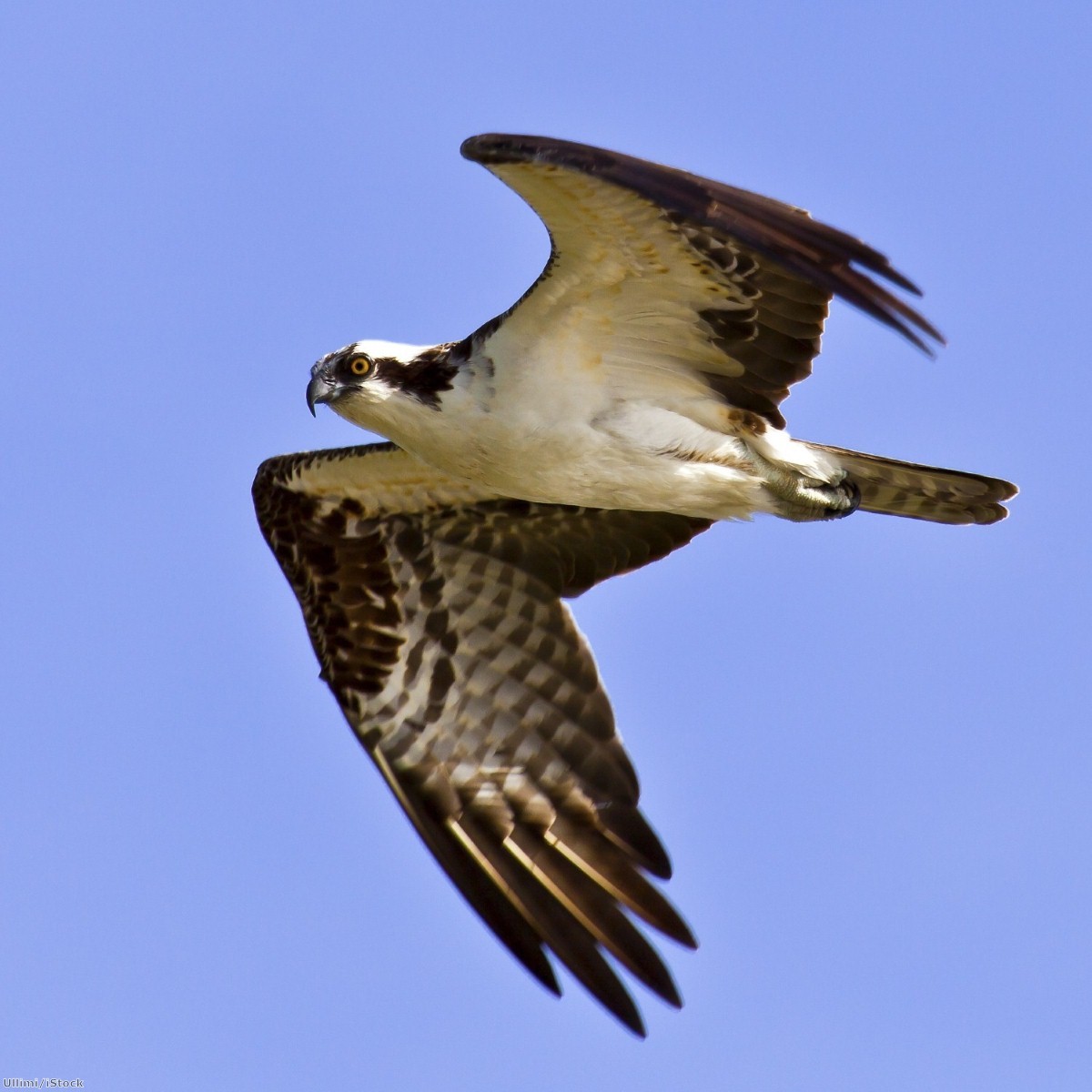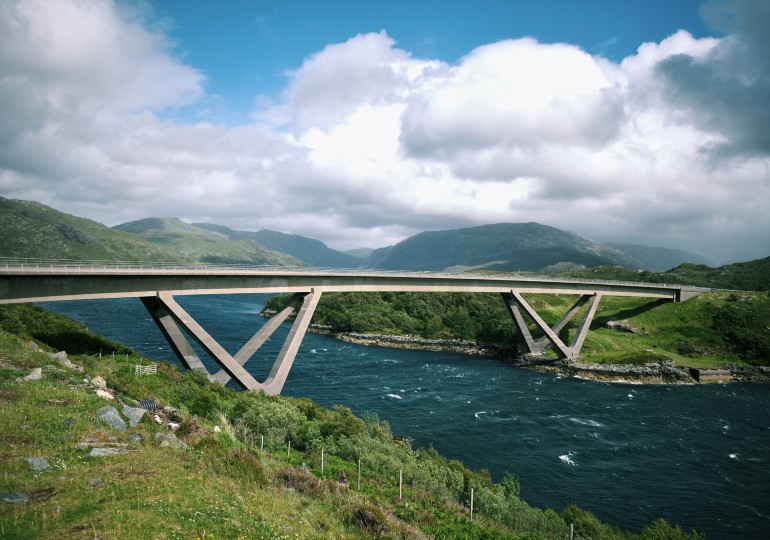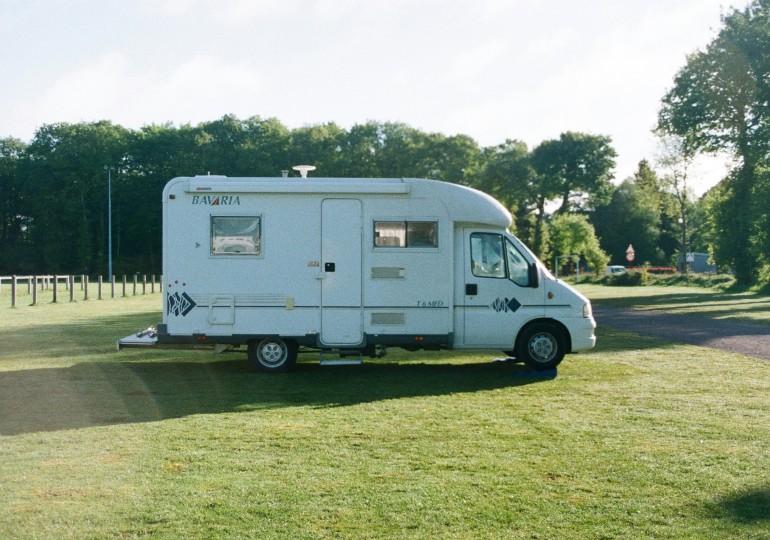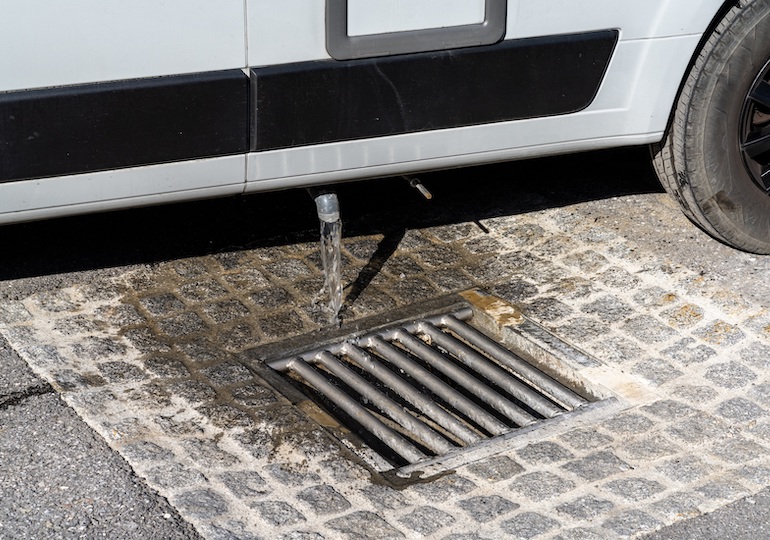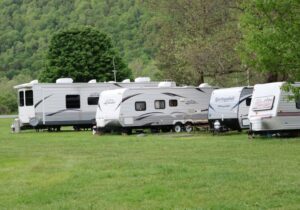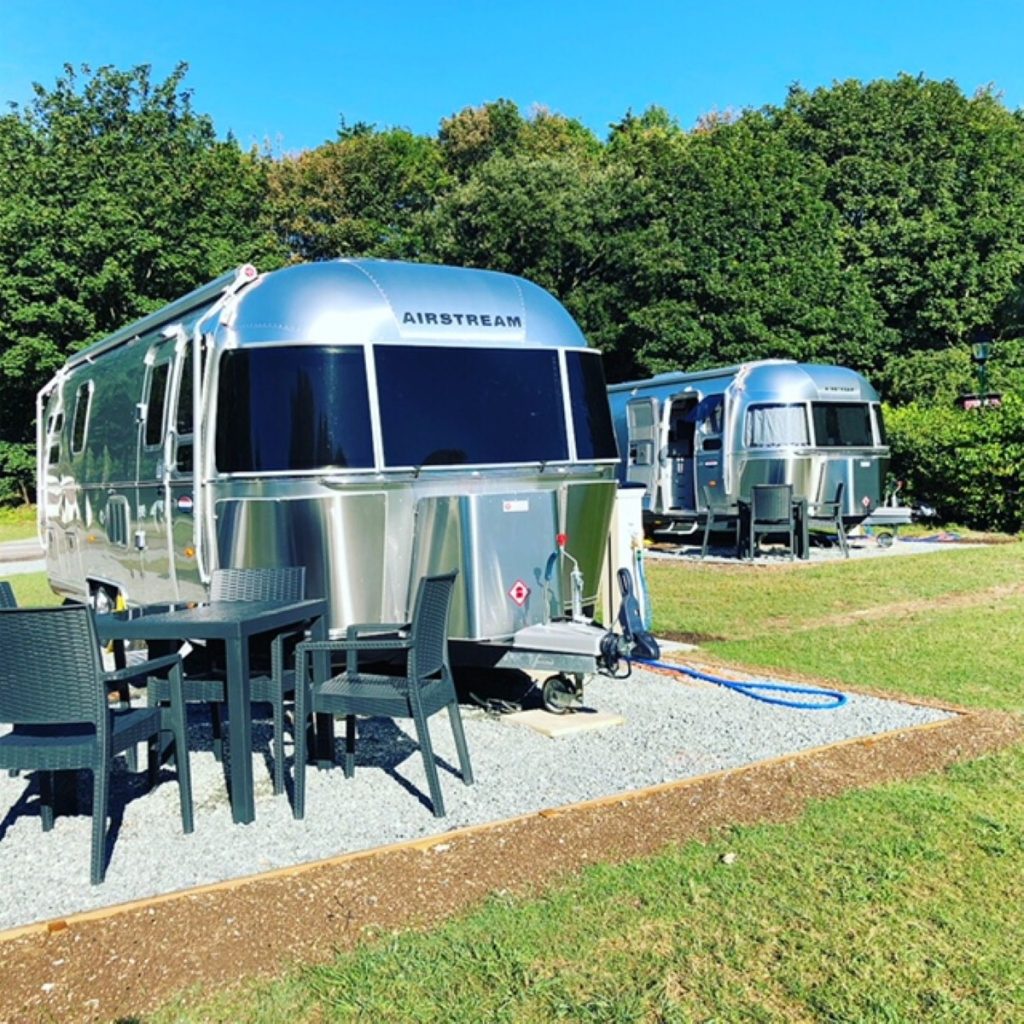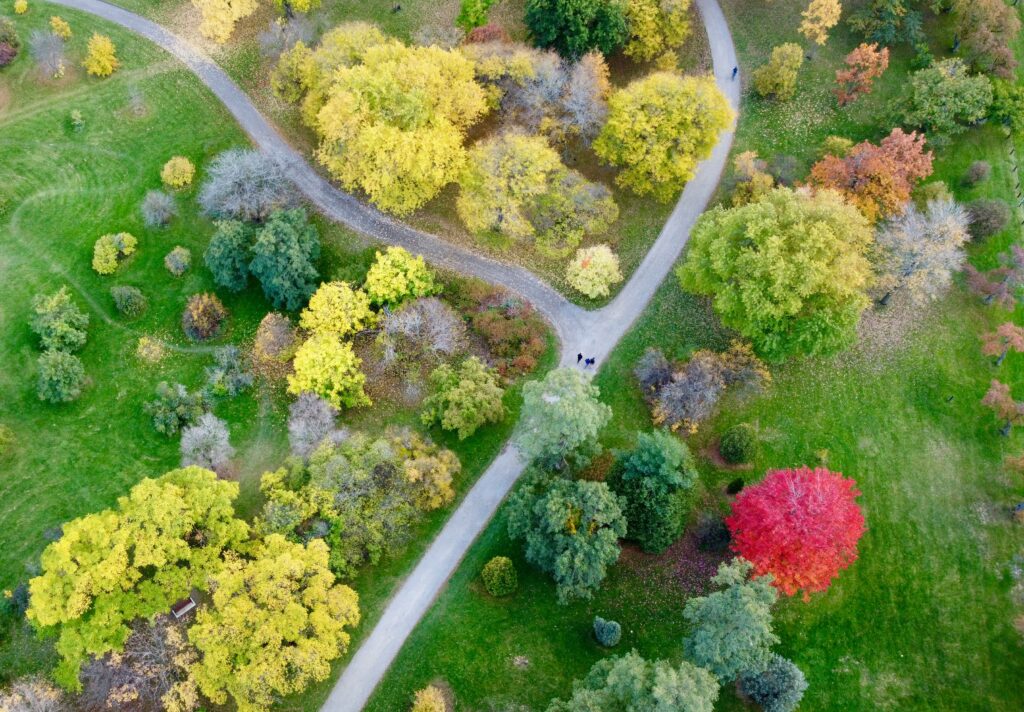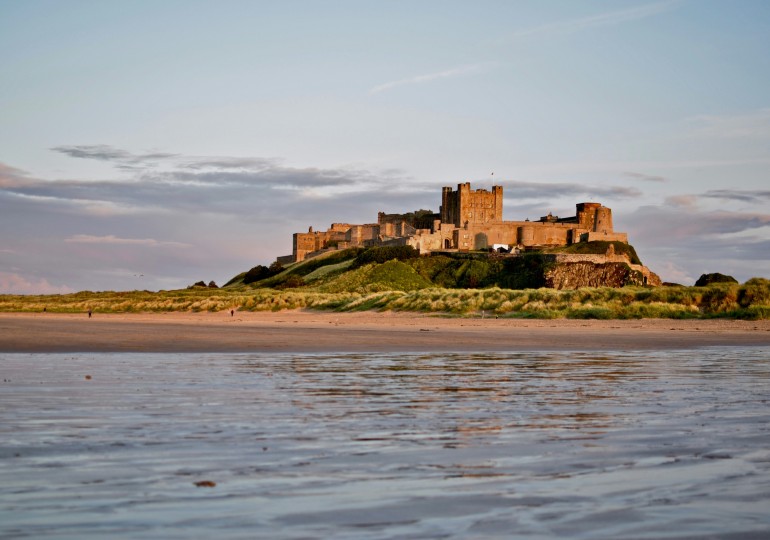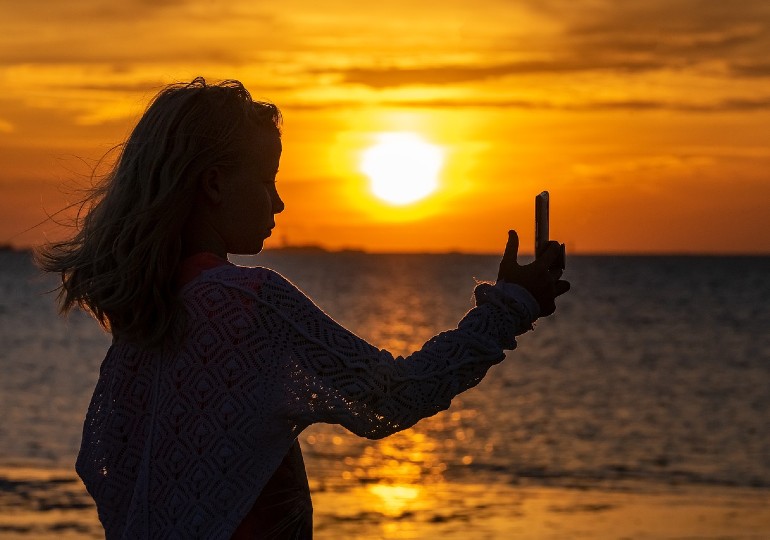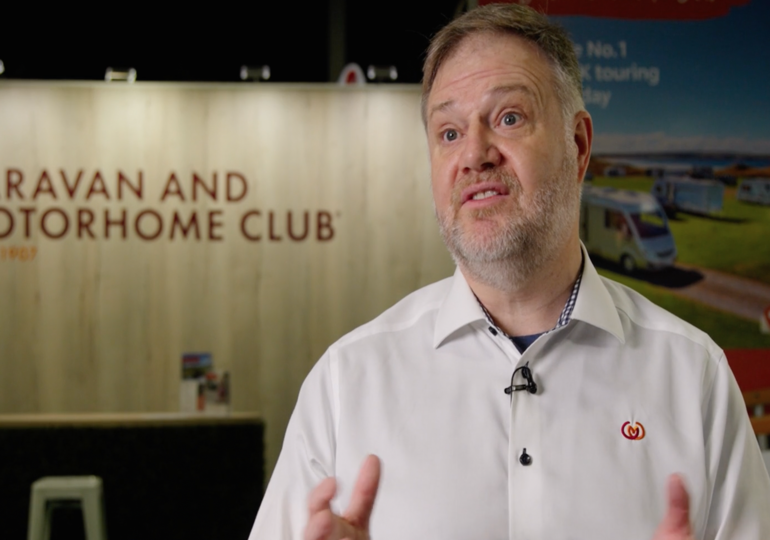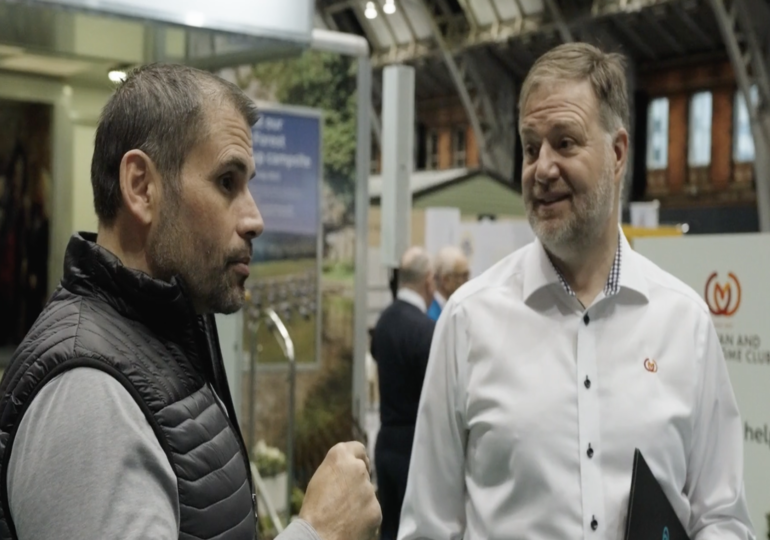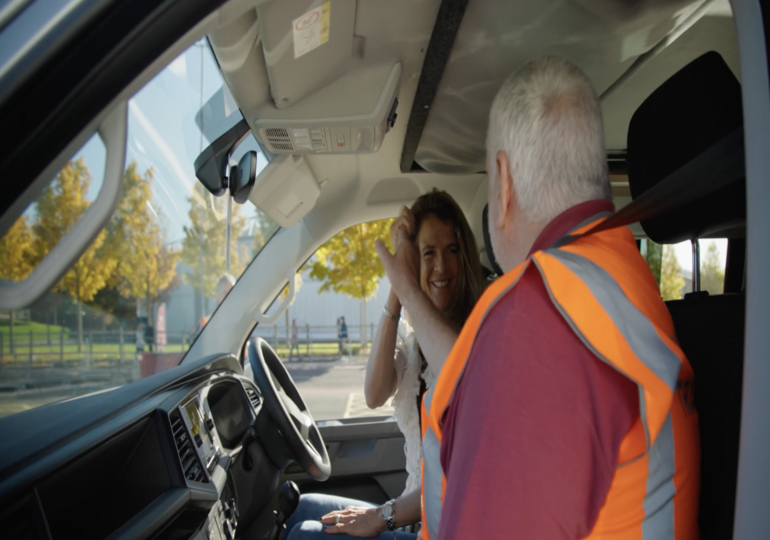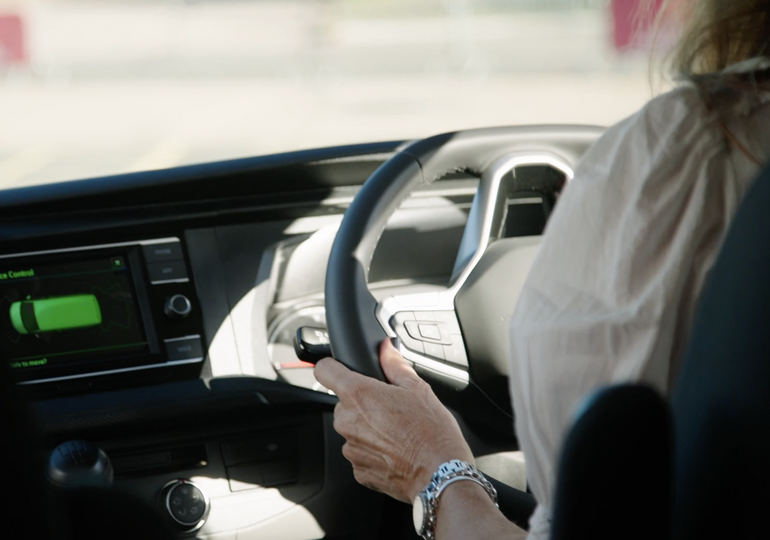Operation Osprey are dedicated to protecting these rare birds
The CaravanTimes knows that a caravan makes a terrific home away from home, so it’s no wonder that a team of nature lovers dubbed “Operation Osprey” have chosen a caravan as their base of operations.
A team of 45 volunteers have been working in shifts to monitor a pair of ospreys which have nested in Porthmadog, Wales. The birds are incredibly rare; so much so that they were, at one point, extinct in the UK, which is why their presence has commanded such attention from the volunteers.
Victorian egg and skin collectors hunted the osprey to extinction and the species was officially confirmed as extinct throughout the UK between 1916 and 1954. It is not known what caused them to return in the 1950s, but return they did, to Abernathy Forest Reserve in the Scottish Highlands – an area that has since been re-named Loch Garten Osprey Centre.
The re-colonisation process was slow, due to the contamination of the osprey’s food chain by organochlorine pesticides – chlorinated hydrocarbons used extensively from the 1940s through the 1960s in agriculture. It was because of the precarious survival of the birds that ‘Operation Osprey’ was first set up by the Royal Society for the Protection of Birds (RSPB), whereby volunteers would monitor the birds from their arrival from Africa in spring, until their departure in autumn.
Wales became the latest osprey location in 2004, and a local ‘Operation Osprey’ team soon sprang up to monitor them. The same pair of birds have returned each year for the past decade and the locals have been more than welcoming, with one volunteer, Gwen, stating: “We’re privileged to have them here,” in conversation with the BBC.
Gwen is one of the 45 volunteers who look after the two birds. David Archer, Chairman of Glaslyn Wildlife, explained that conditions in Wales are not as hospitable to the birds as those in Scotland, due to higher human population density, hence why members of the community have rallied to their support.
The small caravan acting as the Operation Osprey central hub is well kitted out to make the bird-watching shifts as comfortable as possible. A TV screen provides a live feed of the bird’s nest, powered by a generator supplying electricity to the remote spot.
The group’s dedication to the birds is truly admirable, Gwen rationalised: “If we have three chicks again this year, it’s worth the eight hours that we’re going to do tonight.”
Hopefully their dedication will be rewarded with the increase in population of the osprey across the UK.

